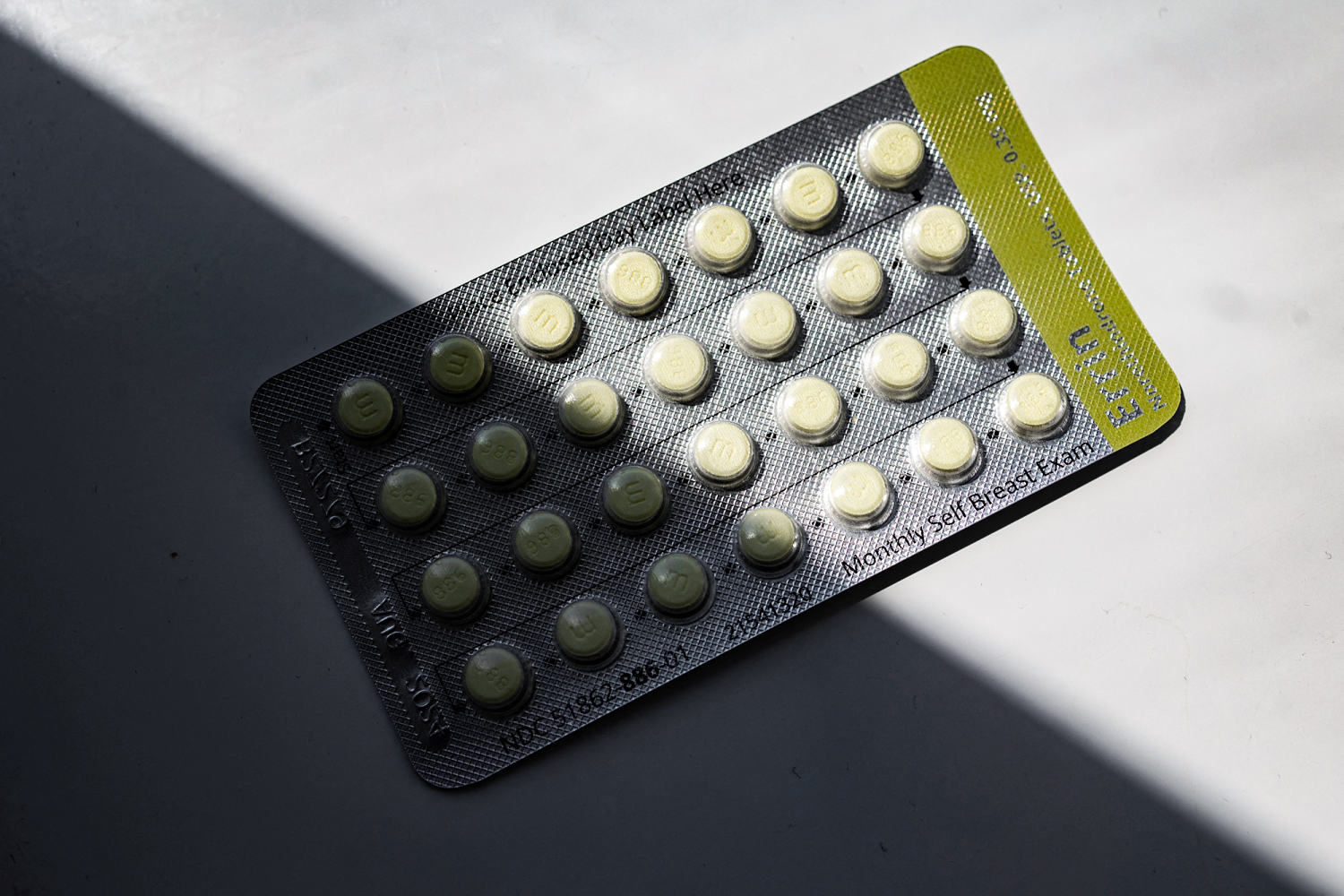In the 16 months after the Supreme Court’s Dobbs decision, fewer prescriptions for birth control pills and emergency contraceptives were filled in states with the most restrictions on abortion , according to a study published Wednesday in the journal JAMA Network Open. The researchers found a 5.6% decrease in birth control pill prescriptions in states with the strictest abortion laws, relative to states that continued to allow access to abortion.
And although fills for emergency contraceptives rose temporarily post-Dobbs in all states, states with the most restrictive policies saw a 65% decline in those prescriptions by the months from July to October 2023, compared with states where abortion remains broadly legal. A primary reason for the trend, the study posits, is that abortion bans enacted after the Dobbs decision in June 2022 led abortion and family planning clinics in those states — facilities where many women accessed birth control prescriptions — to close. The new laws also created confusion over whether emergency contraceptives, including Plan B, remained legal in states with abortion bans, according to the study.

(They are still legal in all 50 states.) “It’s important to show that restrictive environments around reproductive health, and in this case Dobbs, impact access to contraception and threaten a woman’s right to reproductive choice,” said Dima Qato, the study’s senior author and the director of the University of Southern California pharmacy sc.























